Effects of Childhood Trauma |7 Eye-opening Effects Everyone Should Understand
Learning from the effects of childhood trauma has blessed me with an insight I didn’t know I needed. This is a post sharing this insight with whomever it may help.
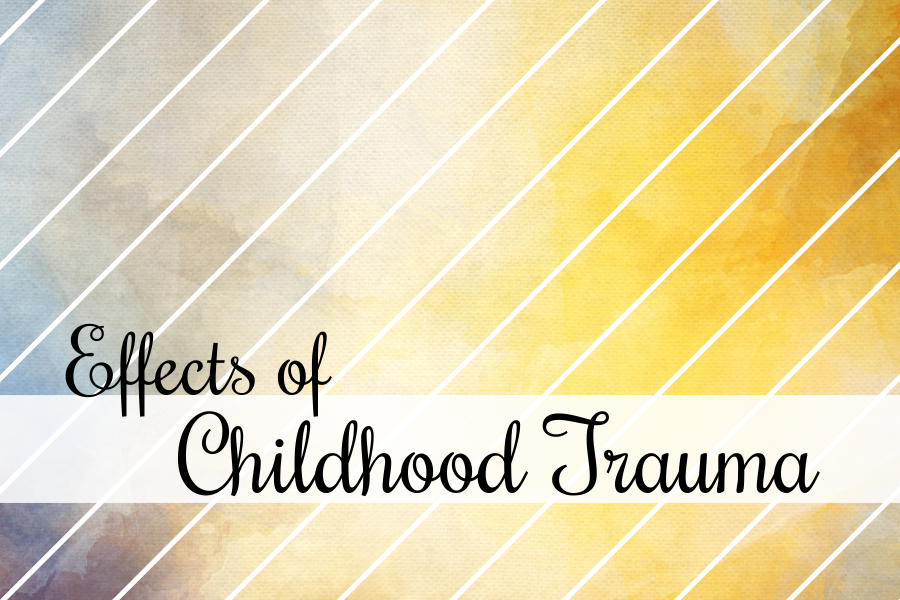 The effects of childhood trauma can come as a surprise to those of us that made it this far or are still fighting. For so long everything I endured seemed normal. Daily mental realities didn’t seem out of the ordinary.
The effects of childhood trauma can come as a surprise to those of us that made it this far or are still fighting. For so long everything I endured seemed normal. Daily mental realities didn’t seem out of the ordinary.
Basically, I didn’t know what I didn’t know.
It wasn’t until later in life that I noticed these things for myself, about myself, that I began to heal. The purpose of this post is to help aid in the transparency for the people that are just unable to do it themselves.
Whether you are looking for insight to help a family member or to help yourself better understand, whatever it is, you came to the right place. The tips and books included in each section are just little bits that have helped me along my journey that I still use today. You should take advantage of them for yourself or anyone in your life that could benefit from them.
This post is all about effects of childhood trauma.
1. Lack of Confidence
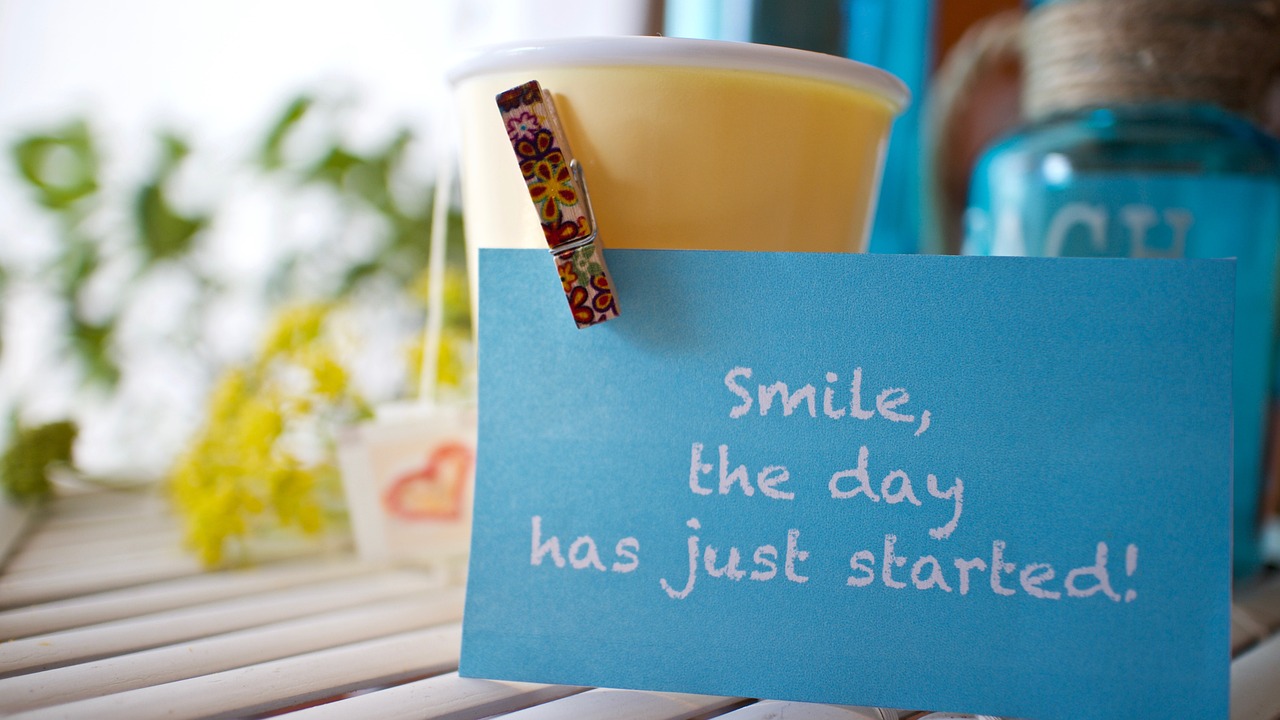 This can be such a hassle of mine and I’m sure a hassle to many. Lack of confidence stems from so many different instances, childhood trauma is definitely a huge factor.
This can be such a hassle of mine and I’m sure a hassle to many. Lack of confidence stems from so many different instances, childhood trauma is definitely a huge factor.
This can hold you back at work, in your love life, in the way you trust, and all the way down to the way you wake up. It all stems from your thoughts of not knowing if you’re good enough.
What kind of life is it waking up to question your reflection when really you should be more in tune with the beautiful world around you?
TIP: Confidence is not comparing yourself to others. You are the best at being you. Period.
Read or listen to The Gifts of Imperfection by Brené Brown:
This book is one that I am always recommending. She will help you realize just how imperfectly perfect you are.
2. Anxiety
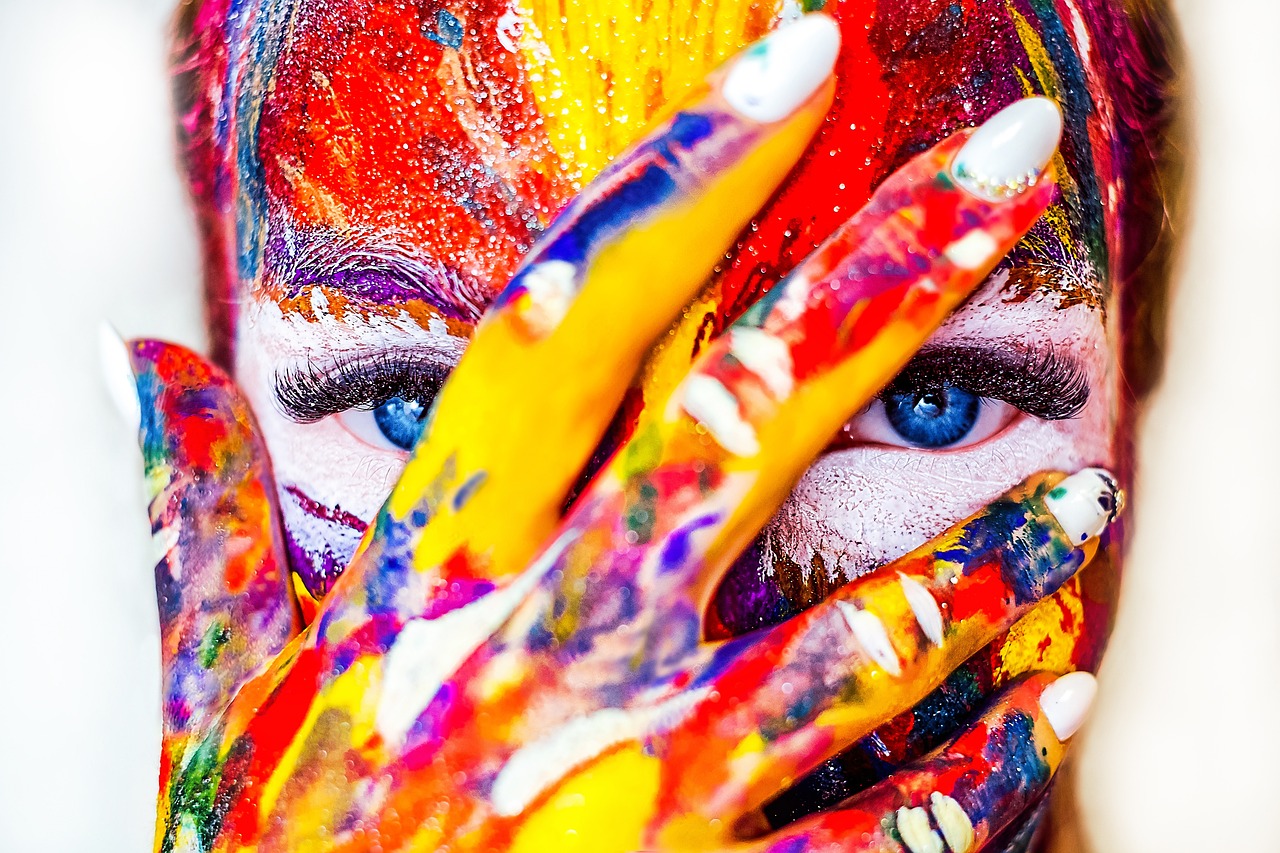
Oh. My. Gosh. If you could just relax right?
Anxiousness is like a nonphysical type of handicap. The onset reality of not being able to accomplish tasks because of body ailments->it’s real.
(in no way is this a comparison to our fellow handicapable loved ones)
That being said experiencing random shit like this on a regular basis, will throw anyone for a loop
- Shortness of breath
- Regular breakdowns
- Unnecessary stress
- Inability to arrange your thoughts
This is an effect I still regularly deal with that has been with me since childhood. The good news is: it DOES get better when you believe. Sometimes we just need a little help and there is nothing at all wrong with that
TIP: Drop your shoulders, and remember to breathe. This is a mantra. USE it powered by self-love.
Read or listen to Unf*ck Your Brain by Faith Harper:
She is super relatable and makes everything that used to seem complicated, easy peezy.
3. Depression
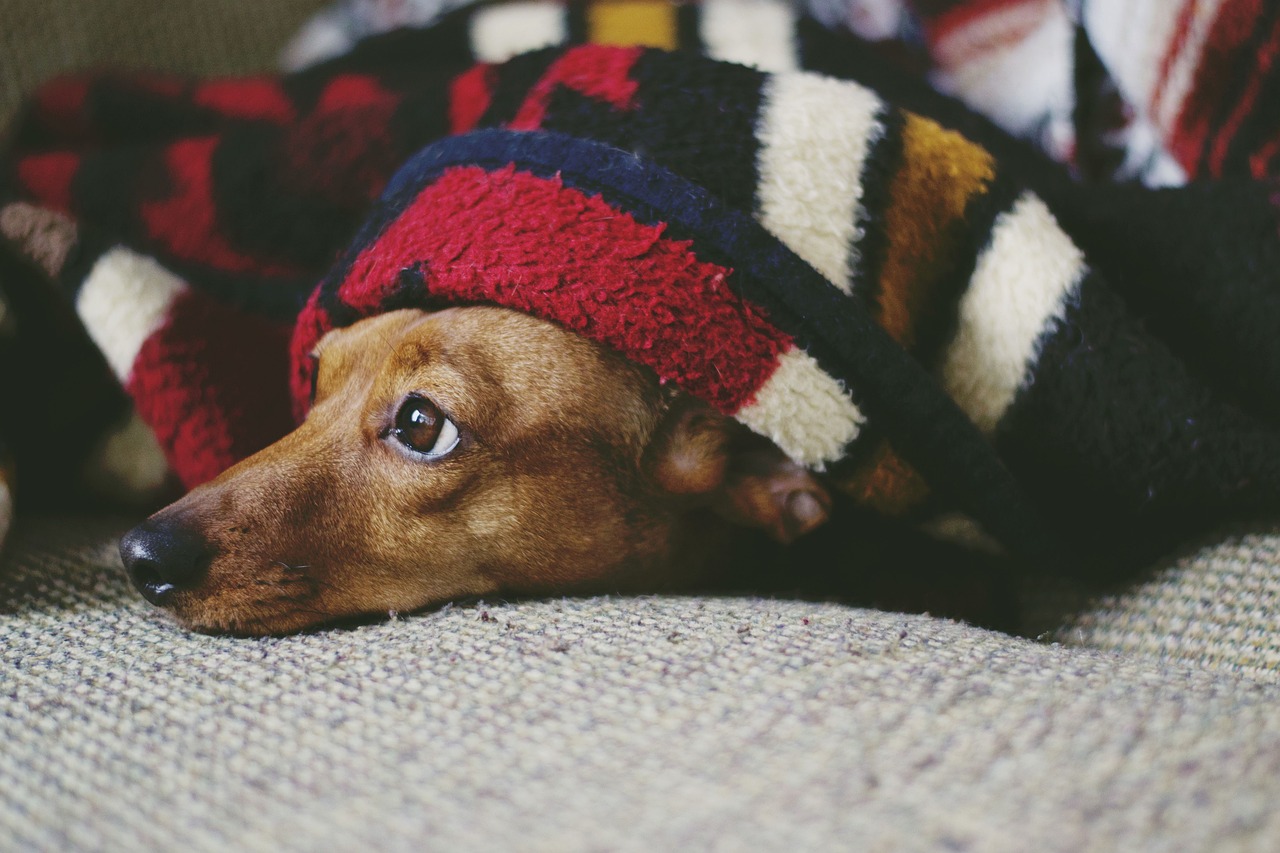
Hm. This is a toughy.
This is an up, down, inside, out, whirly, twirly, not fun, ride.
It’s too, all over the place. Each day can be unpredictable. Can I get out of bed today? Can I look my family in the eyes today? Even with all this beauty around, depression always makes you feel like
Why try?
Depression can come and go. When it comes it could be for an hour or months. It can make you physically sick. It is totally capable of completely turning you into an entirely different person. Quite intimidating, especially if you are facing this beast alone.
TIP: Just keep looking forward. Rip that page out of your book. Just because it was written doesn’t mean it has to be a part of your story today. Edit your life like you edit a play, and do what is best for you.
Read or listen to Stop Overthinking: The Path to Calm by Nick Trenton:
Buy this book. The only way I can sum it up is, Trenton helped me think “outside of the box”, if that box was depression.
4. Eating Disorders
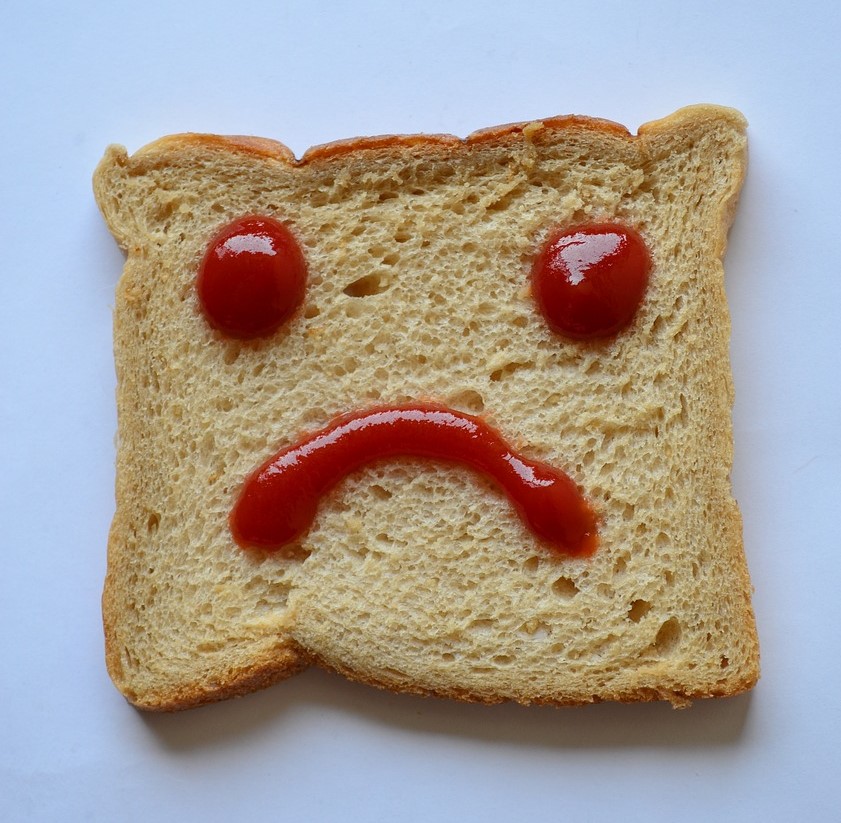
This is something I personally super struggled with. So many overlook eating disorders because they think they know everything from the stereotypes about rebellious teens or individuals who struggle with their body image.
They are equally troubling. Eating disorders can be one of the clear signs of childhood trauma.
What if you were starved as a kid? You become afraid to ask for food. Even conversations around food become awkward.
Or those of us that were compensated for love with food leading to overfeeding. Both are equally difficult to face as a growing person.
TIP: Share meals, eat healthy, and reach out. Just apply, don’t question.
Read Trauma-Informed Approaches to Eating Disorders by Andrew Seubert and Pam Virdi:
This book is less of a self-help book and more informative. But all in all, definitely worth reading.
5. Fear of Confrontation
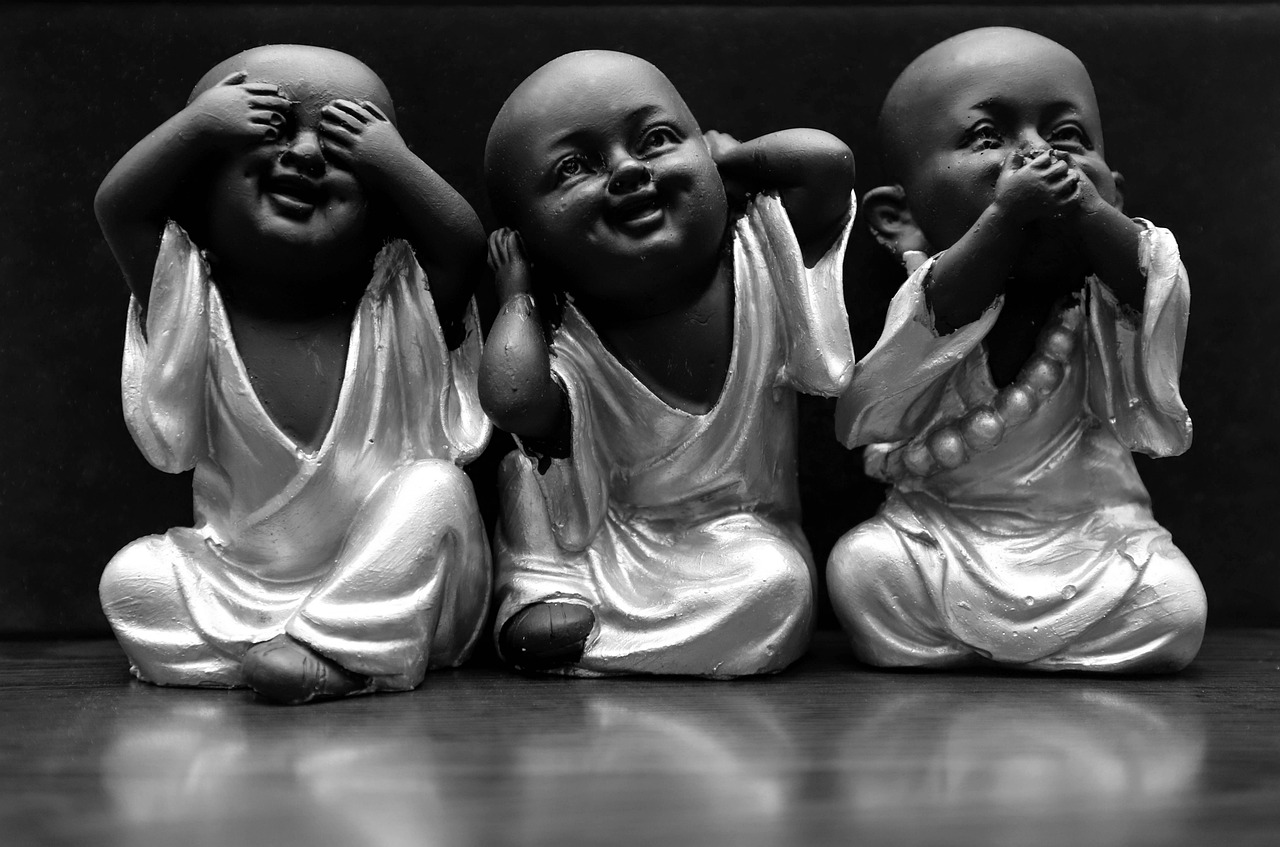
Imagine yourself, everyday life, just like nervous to talk to people.
Terrified to stick up for yourself
Reluctant to set boundaries or say no,
Petrified to have an opinion,
Worried to be yourself,
What if every day you just woke up, AFRAID
When you live in fear, everyday tasks become daunting. When you’re in this state people easily take advantage of you because you don’t know how to not accept this behavior. The ability to decipher how you actually feel just fades away.
TIP: Pace yourself. Learning to trust yourself makes everything else less scary.
Read You Are a Badass by Jen Sincero

Every book by Jen Sincero is phenomenal. This one in particular truly shed light through its pages.
6. “Peter-Pan” Syndrome
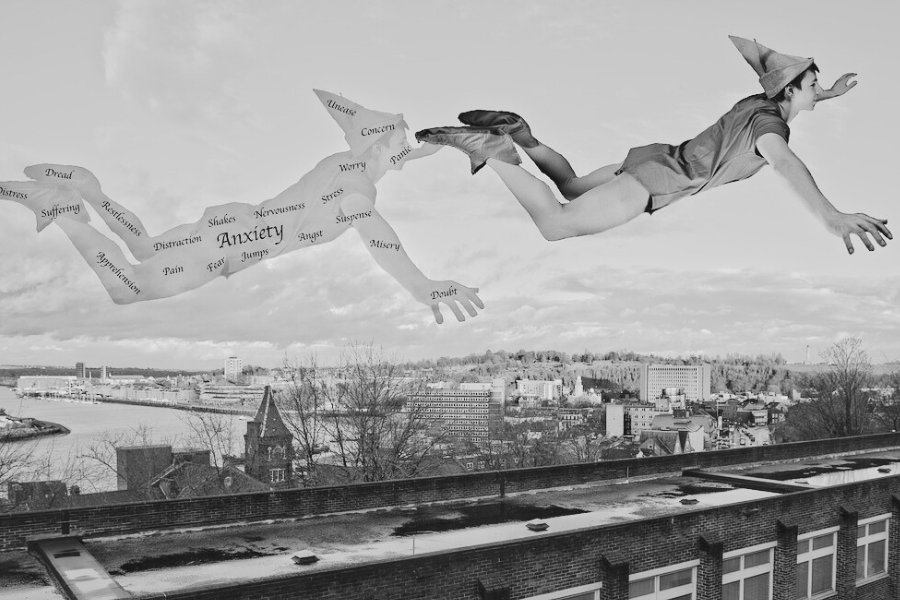 I refer to this with my own interpretation. By no means is this a definition or like plausible to every sitch. But for me at least, being forced to grow up caused problems for me later on in life that threw me for a curve ball. It was like feeling the need to fulfill voids you didn’t know were there.
I refer to this with my own interpretation. By no means is this a definition or like plausible to every sitch. But for me at least, being forced to grow up caused problems for me later on in life that threw me for a curve ball. It was like feeling the need to fulfill voids you didn’t know were there.
This really messed up all kinds of relationships for me including one with a good friend called healthy communication. Always feeling like you’re in need of something and mad at the world because you feel like it owes you something.
You’re like: Come on world, cough it up!
BUT the truth is, you don’t even know what IT is. <empty void>
Being able to express yourself is heavily affected by childhood trauma. You want to move on with your life but you don’t know how. So you remain in Neverland, the only place you know how to navigate.
TIP: Change your perspective. Learn how to grow as your new self by letting go of your old ways of expression.
Read or listen to Master Your Emotions by Thibaut Meurisse and Kerry J Donovan

Being able to master your emotions will without a doubt help you master the effects of childhood trauma.
7. Relatability
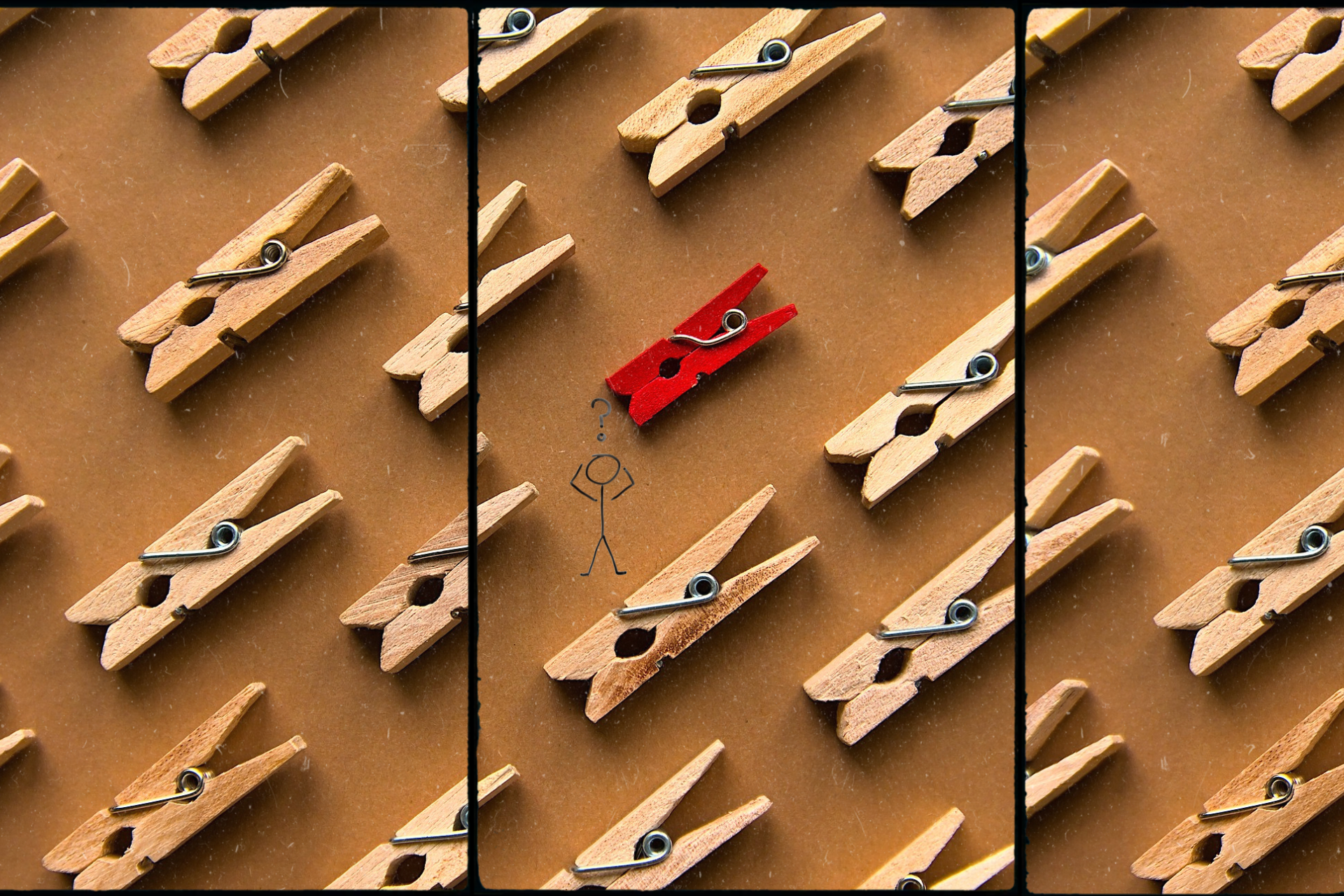
This is huge. Everyone needs to fit in somewhere or with someone. Humans are the magnificent social beings of the earth and the psyche should be comforted knowing: “They understand”.
For example, what do you talk about as a kid to another kid? Cool stuff like your favorite game, your best friend, the best most awesomest everything ever,
Because you’re a kid and life is like the ish’ right? Remember? Probably not if traumatic events are clouding those sunny memories. So you move on to adults. But now you’re just this shrunken, tiny, adult, kid bouncing around trying to figure out what ball pit you rolled out of. Everything just becomes awkward.
TIP: Change up your surroundings. Instead of being a wallflower in someone else’s garden, be your own centerpiece.
Read or listen to relatable by Rachel DeAlto
To sum it all up, the effects of childhood trauma are virtually endless. Everybody’s paths are so intricately different. These are just a few examples that can help anyone better to understand what you or your loved ones might be experiencing.
This post is all about effects of childhood trauma.


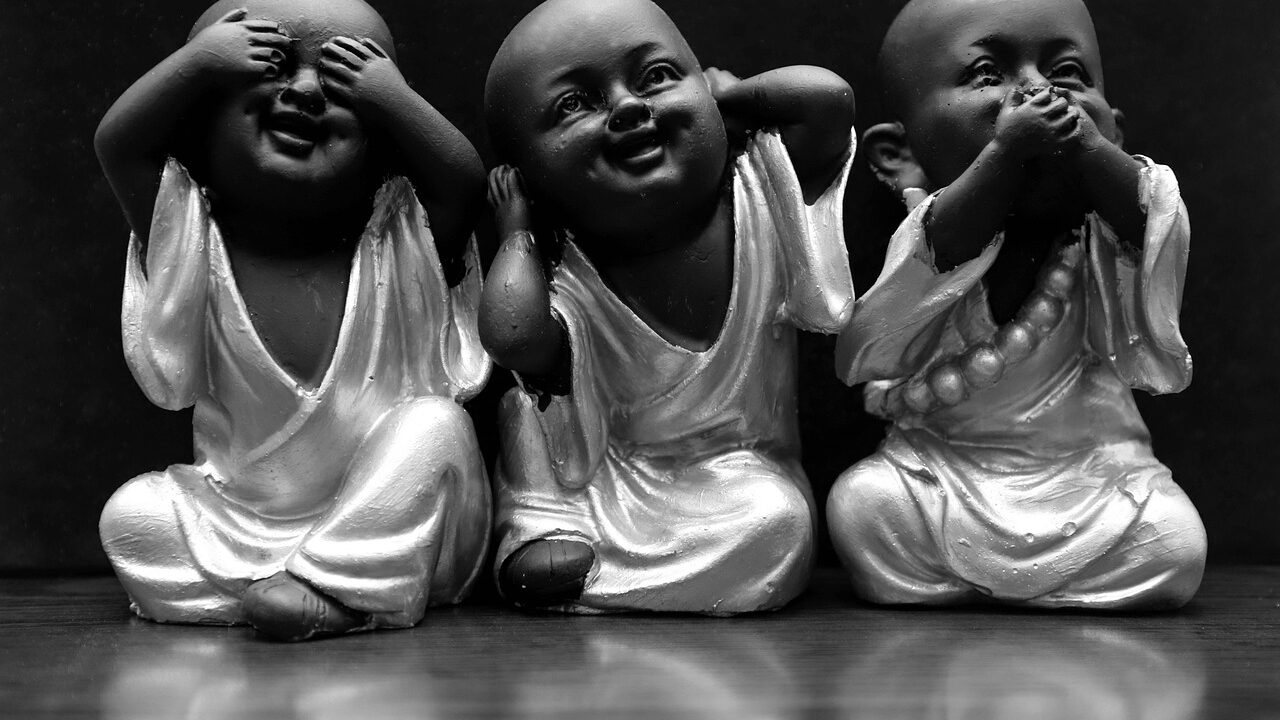







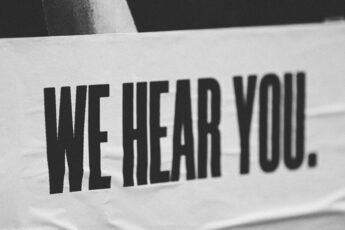
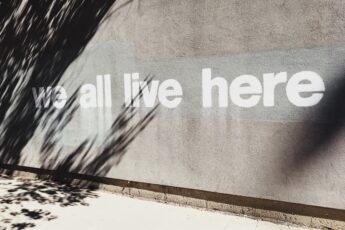
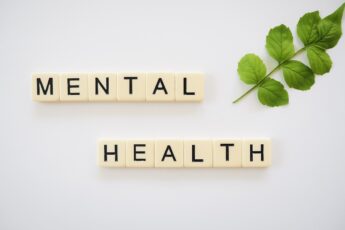
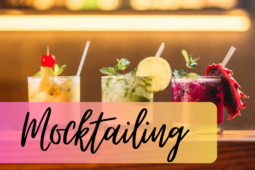
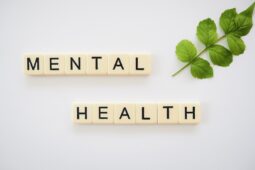

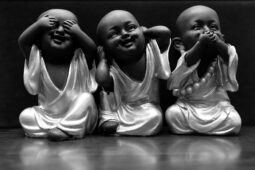
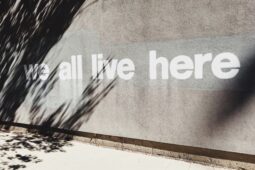
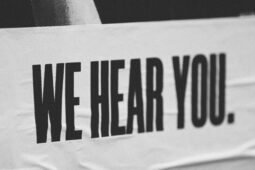
[…] Effects of Childhood Trauma |7 Eye-opening Effects Everyone Should Understand […]
[…] Effects of Childhood Trauma |7 Eye-opening Effects Everyone Should Understand […]